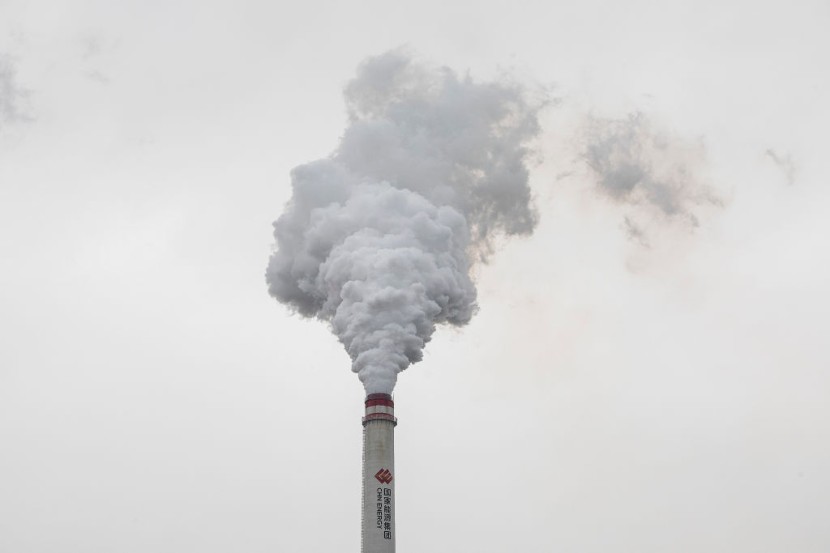
China continues to suffer from a growing power crisis while it plans to cut carbon emissions down by 2030, a problem that has been exacerbated by the region's early winter heating season, driving coal demand and prices up.
The Asia-Pacific vice chair at energy consultancy Wood Mackenzie, Gavin Thompson, said that similar to other markets in Asia and Europe, China is being forced to balance between its immediate need for electricity with the use of coal and committing to its ambitious decarbonization targets.
China's Power Crisis
The official said, however, that the short-term reality is that Beijing and many other regions might be prompted to increase their coal consumption to meet the rising demands. Since mid-August, 20 provinces in China have reported various extents of power cuts. The incidents were caused by a shortage of coal supplies, tougher government mandates to reduce the country's emissions, and greater demand from manufacturers.
The ensuing power crisis in the Asian country has forced many Chinese factories to cease production. They have also led many major banks in the nation to cut their GDP forecasts for the world's second-largest economy, CNBC reported.
The power crisis in China comes as the region is experiencing plunging temperatures across many parts of the country. The incident has caused many people to prepare for the early winter heating season, increasing power demand and exacerbating the nation's electricity needs.
In recent days, temperatures across China's eastern regions have dropped by more than 10 degrees Celsius. Now, residents are seeing snow falling in several parts of Inner Mongolia and Heilongjiang, the China Meteorological Administration said. On Friday, the agency issued a level four emergency response because of the cold wave.
A northeast province, Jilin, that has suffered several blackouts last month due to low coal supplies, has begun winter heating operations on Oct. 15. The process has been started much earlier than normal with coal capacities at about 85%, Yahoo Finance reported.
Prices of Coal at All-Time High
The prices of coal have reached record highs due to 17 regions in China suffering from a widening power crisis. Data released on Thursday showed that energy prices are at their highest in the last 25 years in September and saw an increase of 10.7% from last year.
Amid the country's weather situation, the National Meteorological Center forecast that temperatures could drop by as much as 14 degrees Celsius. Jilin, Heilongjiang, and Liaoning are the three worst-stricken regions of power outages last month.
Chinese authorities have begun implementing measures to contain coal price increases, including raising domestic coal output, rationing factory power outputs, and assuring energy supplies will be stored in preparation for the winter heating season.
Across the region, 153 coal mines were approved by authorities to expand capacity, which is expected to add 55 million tonnes of coal supplies in the fourth quarter of 2021. Since February, daily coal output is at its highest with more than 11.2 million tonnes.
However, the recent heavy rainfall caused flooding in Shanxi, the country's top coal producer, and has worsened the supply shortage. Many analysts expect that power shortages and rationing will be implemented until early next year, Reuters reported.
Joe Biden's Flagging Leadership is Driving US Allies To Realign With Emerging Chinese Influence Faster Than Expected
© 2025 HNGN, All rights reserved. Do not reproduce without permission.








